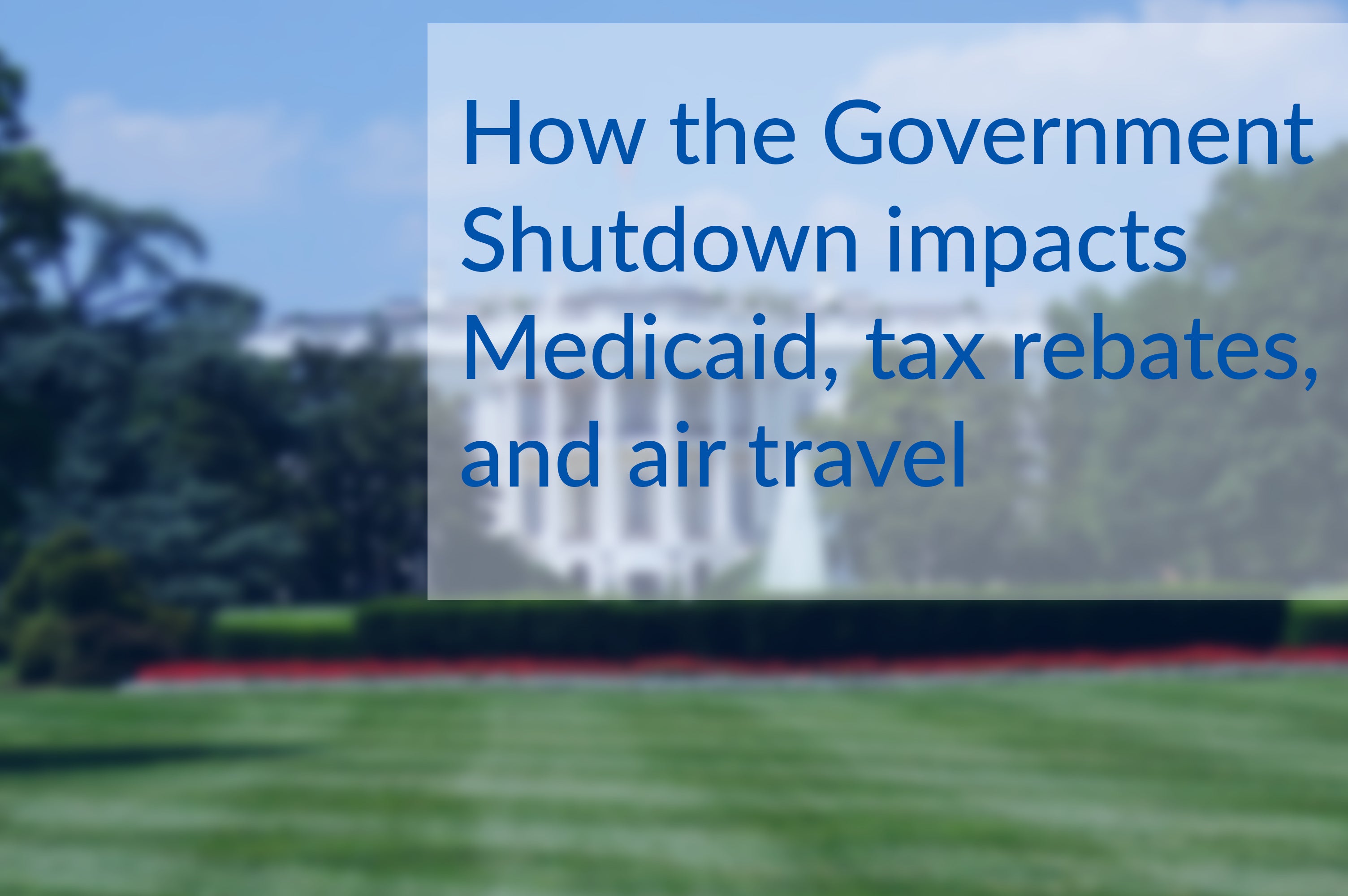Medical Vacations: Traveling for Surgery
 When Godfrey Davies learned he needed surgery to remove polyps blocking his nasal airways, the self-described bargain shopper set out on a mission to find an affordable surgeon. He quickly learned a good deal is hard to find.
When Godfrey Davies learned he needed surgery to remove polyps blocking his nasal airways, the self-described bargain shopper set out on a mission to find an affordable surgeon. He quickly learned a good deal is hard to find.
“The total numbers they were throwing at me were just incredible. I couldn’t believe it,” he says.
Davies, who is semiretired from his real estate business and uninsured, says he received estimates from two surgeons. When hospital, anesthesia and incidental fees were all tallied, the cheapest price he could find in Indianapolis, Indiana, was $33,127 — which he would need to pay out of pocket.
“I was speechless.” Davies recalls. “It was absolutely out of the question financially for me to have this done under those circumstances.”
Frustrated that his bargain shopping saved him so little, Davies called on family in the United Kingdom for assistance. When they told him they had found a private hospital in Wales that would perform the surgery for $2,930 [or £1,897], Davies didn’t think twice. He purchased a $768 round-trip ticket, and on March 18, he boarded a flight to the UK to have his polyps removed there at a savings of nearly $30,000.
Medical tourism on the rise
An estimated 878,000 Americans will travel internationally for a medical procedure this year, according to a report from the Deloitte Center for Health Solutions. That number is expected to nearly double by 2012.
The majority of medical tourists are uninsured; however, the cost of health care in this country has become so expensive that even some U.S. health insurance companies are coordinating with hospitals overseas. “It is curious to a number of folks as to why an established American health insurance company would be interested in medical tourism,” says David Boucher, president of Companion Global Healthcare, a subsidiary of Blue Cross Blue Shield.
His pilot program launched in 2007 as a “medical travel facilitator,” allowing participating employers to add an international option to the health care plans they offer to staff. The company has partnered with 29 hospitals in 14 countries and offers negotiated rates that are lower than those offered at hospitals domestically. Boucher says employers will sometimes waive co-pays or purchase airline tickets if an individual opts to travel abroad for expensive surgery because, ultimately, it benefits everyone.
“If you can save forty to fifty thousand on an employee’s surgery, it gets right to the company’s bottom line,” Boucher says.
So far, only a handful of insurance companies are offering this type of service, says Jessica Johnson, director of operations for the Medical Tourism Association, an international trade organization that acts as a liaison between patients and their international providers. She says even with insurance though, many Americans remain underinsured, so more people are educating themselves on the options.
“It’s all about affordability, quality and access,” Johnson says. “Something they don’t find as often here.”
Before you hop on a plane
Sure, the prices are affordable. But is it safe? Experts say before you hop on a plane, there are a few important things to take into consideration.
Click Here to read more
- Tags: News
- Professional Medical














Comments 0